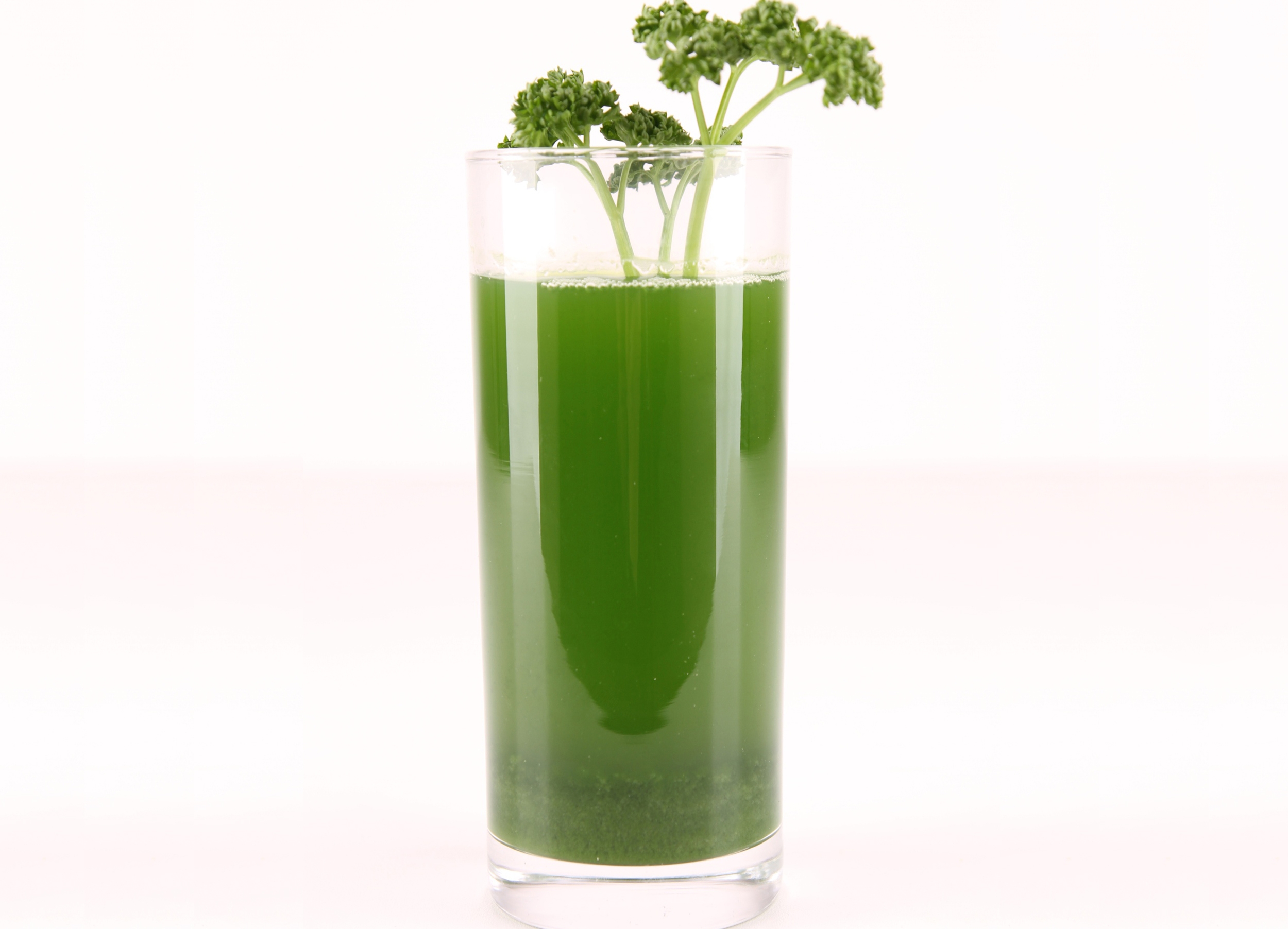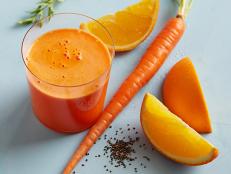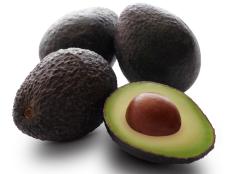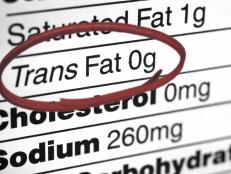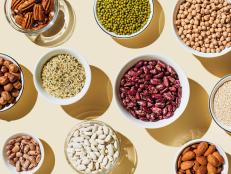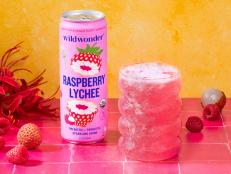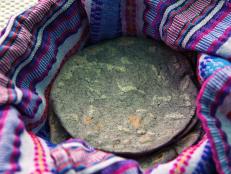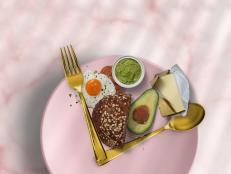The Health Dangers of Added Sugars
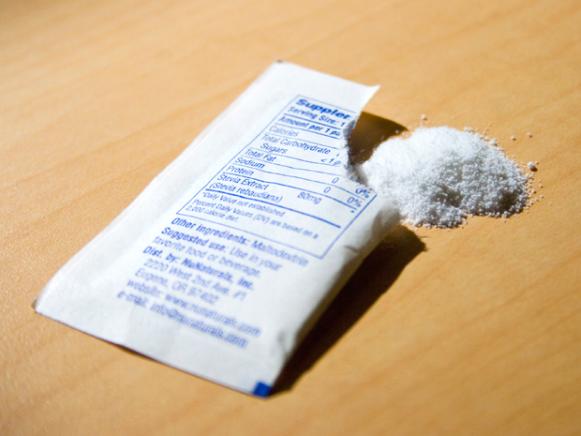
Sugar has long been maligned as a source of empty calories — eat too many of them and you may start to gain weight. But now some experts are linking excess sugar intake to an increased risk of Type 2 diabetes and heart disease, as well as obesity. This view is controversial, but most experts, including the Department of Agriculture Dietary Guidelines, still advise limiting added sugars, especially from sugar-sweetened beverages such as soda and energy drinks.
What’s the difference between added and natural sugars?
Added sugars are any kind of caloric sweeteners that are, yep, added to foods. In addition to sugar, they may appear on an ingredient list as fruit juice concentrate, high-fructose corn syrup, fructose and honey, to name a few aliases. Natural sugars are those that just naturally occur in a whole food — like the fructose that's naturally in a piece of fruit or the lactose that is naturally in milk. The nutrition facts label doesn't distinguish between these two kinds of sugars, so when you are trying to figure out whether a product has added sugars, it's important to read the ingredient list.
How much is too much?
The American Heart Association recommends limiting added sugars to 100 calories a day (about 6 teaspoons per day) for women and 150 calories (9 teaspoons) for men. To put that in perspective, a 12-ounce soda has 9 teaspoons of added sugars and a medium glazed doughnut has just over 3 teaspoons. Yet most Americans eat 22 teaspoons a day, in part because it's added to so many food products.
If you're trying to figure out how much sugar has been added to a product that also has some natural sugars in it (as in flavored yogurt), a quick tip is to compare the amount of sugar in the flavored and plain versions. Just subtract the number on the plain label from the number on the sweetened and you’ll arrive at grams of added sugar (hint: 1 teaspoon of sugar is equivalent to 4.2 grams).



























